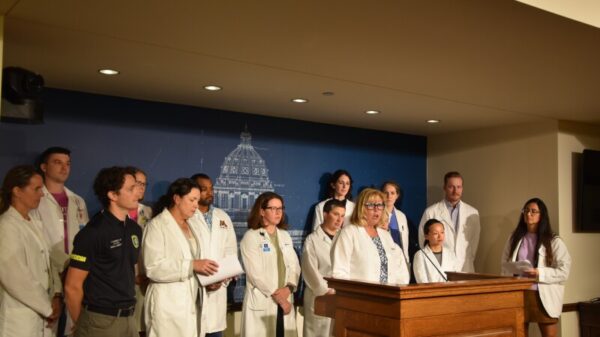A federal court has dismissed a lawsuit challenging Minnesota’s abortion laws, asserting that the plaintiffs lacked standing. The ruling, issued in late March 2023, concluded that the suit, filed in November 2022 by the Women’s Life Care Center, the National Institute of Family and Life Advocates, and several women who have undergone abortions, failed to identify specific laws they were contesting.
The lawsuit claimed that Minnesota’s abortion regulations infringe on parental rights without due process and alleged that women are not adequately informed about their rights regarding the procedure. The plaintiffs argued that this lack of information results in thousands of “involuntary” abortions each year.
According to the Minnesota Attorney General’s Office, the court highlighted that the plaintiffs could not specify which laws were being challenged, despite multiple inquiries from the court. Ultimately, the case was dismissed on the grounds that the crisis pregnancy centers involved had not demonstrated any tangible harm stemming from the state’s abortion policies.
Attorney General Keith Ellison was named as one of the defendants in the lawsuit, along with Governor Tim Walz, various local chapters of Planned Parenthood, and others. The dismissal reinforces the protections afforded to abortion access established by a 1995 Minnesota Supreme Court decision, which guarantees a “fundamental right” to the procedure.
Ellison responded to the dismissal by stating, “This latest attack on abortion access in Minnesota is a reminder that anti-choice interest groups are constantly seeking new ways to ban abortion or make reproductive healthcare services harder to obtain. I am pleased to have defeated this latest attack on abortion in Minnesota, and I will do everything in my power to defend Minnesotans’ right to reproductive healthcare.”
The dismissal of this lawsuit marks a significant development in the ongoing debate over abortion rights in Minnesota, emphasizing the state’s legal framework that supports access to reproductive healthcare. As legal challenges continue to arise, the implications for healthcare providers and patients remain a critical area of focus in Minnesota and beyond.

































































